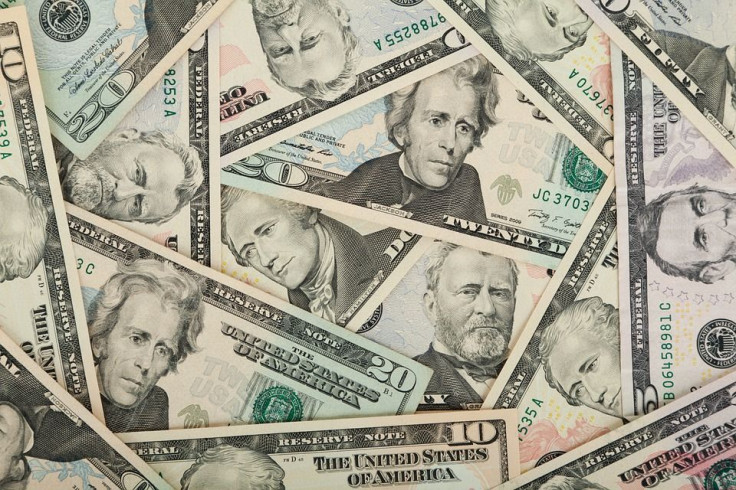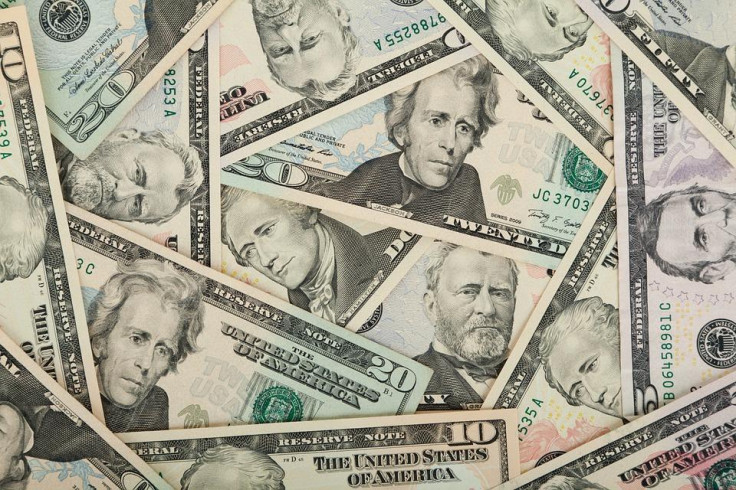Economic Benefits of Stimulus Checks Revealed

It has been no secret that Americans felt they benefited greatly from the Economic Impact Payments, also known as stimulus checks, which were distributed during the COVID-19 Pandemic, but now, the true extent that the checks had on improving lives, in addition to other benefits is being revealed—and increasing the calls for more money being sent out as a result.
According to a Tuesday report from the U.S. Census Bureau, the supplemental poverty rate, which adds in government assistance to low-income individuals, declined from 11.8% in 2019 to 9.1% in 2020, which was the official lowest percentage that statistic had been since 2000. While the actual official poverty rate (which does not include any government aid) did increase to 11.4% from a low of 10.5% in 2019, the supplemental rate’s decline can be traced clearly to the federal aid handed out during the pandemic—including stimulus checks.
Among the programs that aided in pulling millions of Americans out of poverty were the first two checks, which totaled $1,800 given to Americans in 2020, expanded unemployment benefits, refundable tax credits, the Supplemental Nutrition Assistance Program (SNAP) and free school lunches. Overall, the programs pulled a combined 22.5 million out of poverty, a threshold that is measured for a family of four with an income below $26,496.
This is not the first time that the stimulus checks and other assistance programs, many of which have since expired, have been attributed with helping some of the lowest-earning Americans get out of situations with financial hardship during the U.S.’s worst economic crisis since the Great Depression. Previous studies found that the second and third stimulus checks decreased financial instability by 43% and also led to a 42% decrease in household food shortages as well. However, while some families are still receiving some benefits at least through December via the Expanded Child Tax Credit payments, most other forms of aid have stopped—leading to another chorus of calls for stimulus check aid.
Not only has the Senior Citizens League led a call for new $1,400 payments for seniors who are struggling during the pandemic, but a petition calling on direct stabilizing payments for Americans that has been online throughout the pandemic continues to amass signatures.
In addition, calls have been made to deliver on a goal the Biden Administration has to extend the Expanded Child Tax credit through 2025, though an actual stimulus check remains seemingly off the table. While Rep. Ilhan Omar (D-Minn.) did introduce legislation in the form of the SUPPORT Act, which would start distributing $1.200 checks for part of a Universal Basic Income, if it were passed, it would only start going to select communities in 2023 before rolling out at a nationwide level in 2028. Other than that, there has been no direct advocation in Congress for another round of stimulus checks.

Photo: Pixabay






